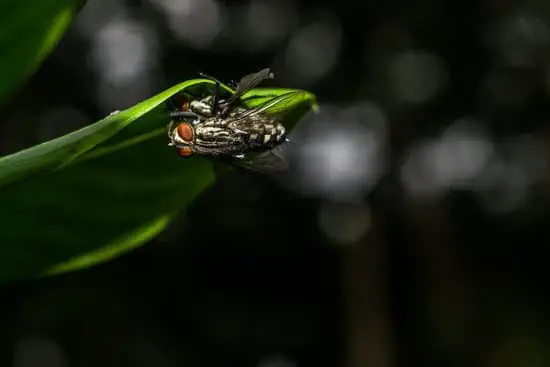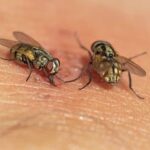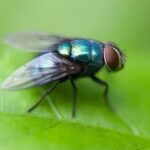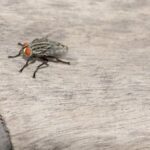How Do Flies Help Decompose?
Flies are attracted to green waste and compost, such as kitchen scraps and fresh yard trimmings. You can minimize their presence by adding more brown waste, which is not as appealing to them. Brown waste is not as nutritious as green waste, and flies cannot eat it.
However, this does not mean that flies do not contribute to decomposition. In fact, they play a vital role in the process. Blowflies break down dead animals, returning their nutrients to the soil and accelerating decomposition. This process is essential in the decomposition of organic materials.
In addition to blow flies, other species of flies contribute to the decomposition process. Blow flies lay eggs in rotting carcasses, where their maggots feed on the flesh. Flies help decompose organic matter, and their decomposition processes release nutrients that plants need to grow and thrive.
Flies can also be attracted to carcasses. A common source is a mouse in a mouse trap, which can attract flies. Occasionally, these flies can be attracted to poison left in the walls of a home. Besides mice, flies also feed on birds, squirrels, and racoons. The bigger the animal, the more flies will be present.
Flies are often overlooked in forensic studies, but they have important roles in decomposition ecology. They are one of the first organisms to find a dead body, so the presence of the insect can help estimate the time since the death occurred. Insects can be important witnesses in a crime, arriving within a few hours, especially in the presence of blood.








